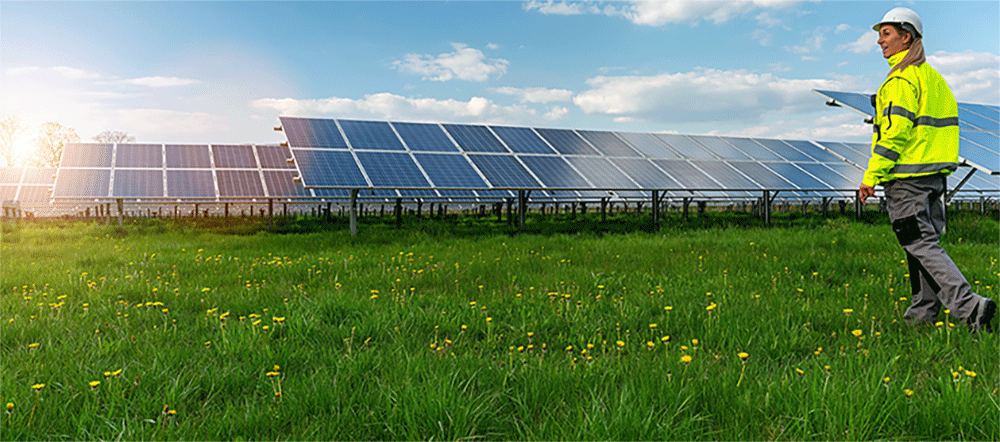Japan Economic Snapshot

Economic Survey of Japan (January 2024)
Japan has navigated the dual shock of the pandemic and the energy crisis well. However, significant headwinds from weak global growth, geopolitical tensions and high inflation highlight the importance of enhancing the Japanese economy’s resilience to shocks. In a context of inflation, which has risen above target, and pressures from divergent monetary policy from peers, adjustments to monetary policy settings have commenced. Given high public debt, fiscal consolidation to rebuild fiscal buffers, underpinned by a credible medium-term fiscal framework to put the debt-to-GDP ratio on a clear downward path, is key.
Executive Summary
主な結論
Presentation in English
Presentation in Japanese
Further reading

September 2023